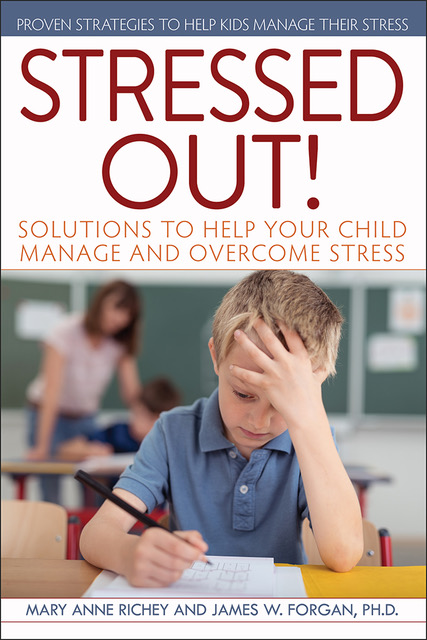Is Testing My Child Worth the Money?
You might wonder if testing your child is worth the money. The short answer is, “Yes” because testing provides information about the best way to help your struggling child. It also explains how your child learns and processes information. Testing your child also helps you understand your child’s self esteem. Furthermore, the testing process discovers any hidden areas that can be the underlying cause of your child’s struggles.
Think about this. Have you ever purchased a house? As part of the process you hired a home inspector to spend time doing a thorough inspection to identify problem items that are hidden from your visual inspection. The home inspector looks for hidden concerns that might cause you future problems. This money helps you avoid items like a leaky pipe that, if left unrepaired, will cost you a bundle.
In that same spirit, testing your child could identify hidden concerns like anxiety or low self esteem. If these areas are treated when your child is young, the outcome is much better than if anxiety and low self esteem worsen all the way into adulthood. Likewise, the toll from an unidentified reading learning disability that goes undetected all the way until high school causes your child to harbor a lot of emotional baggage. These kids often live feeling dumb and like they don’t fit in at school. They often associate with others who might be prone to risky teen behavior.
Imagine you just haven’t been feeling right for a while and finally go to your doctor who runs tests and tells you that you have stage one cancer. If you start treatment early your prognosis is much better than if you have stage four. Of course a learning disability is not going to physically cause death but it can cause indirectly lead to life problems that can cause bodily harm.
In my opinion, the moral of the story is the testing is worth the money because it’s an investment in your child that can prevent some serious future problems.
Here’s a quick rundown of what happens during the testing process.
- First we meet with parents so you can share your concerns and we can review paperwork that helps us create a unique evaluation to answer your most important questions.
- We individually test your child and take a short break at least every 45 to 60 minutes.
- We analyze the results and write up a written summary.
- Parents meet with us to discuss the results.
- Together we create a brief action plan of next steps.
The recommendations offer suggestions for helping at home and in school so most parents share a copy of the report with your child’s school administration. The school staff review the recommendations and then meet with you to write up an accommodation plan of items they will do at school to help your child.
At the conclusion of the testing process you understand more about your child and what to do to help at home and school.
Contact us if we can help you have more understanding about your child. (561) 625-4125

